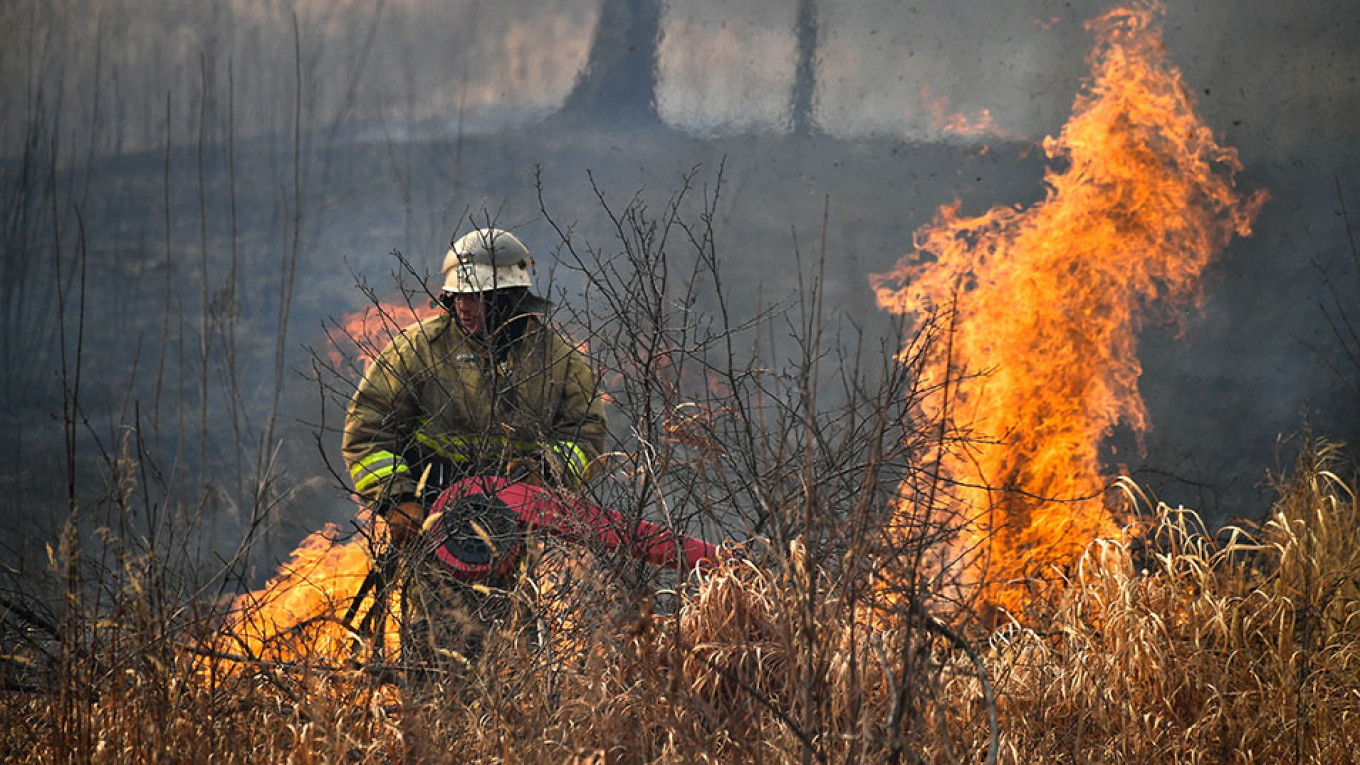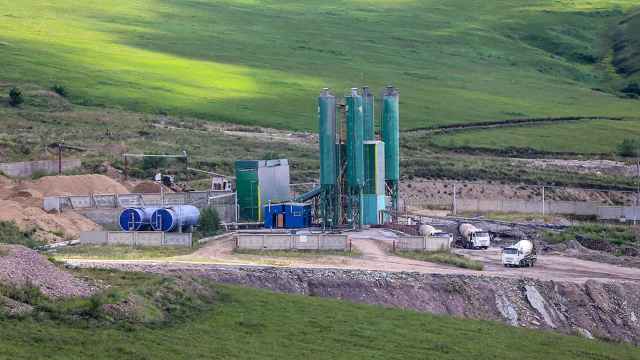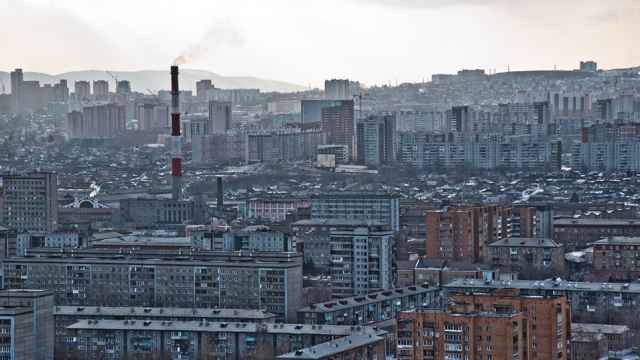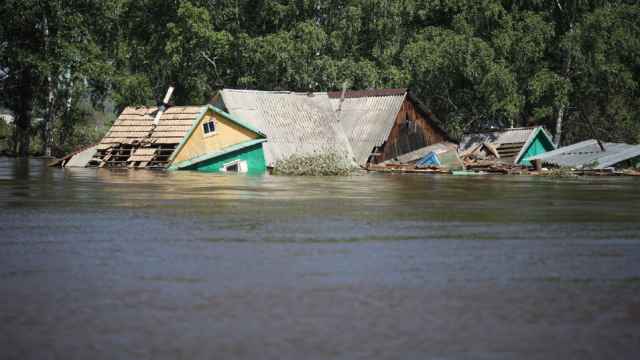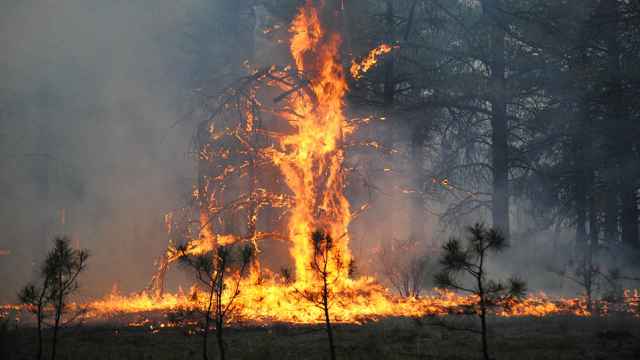Most Russians believe that wildfires have swept across Siberia this summer because of illegal logging and the authorities’ negligence, according to a new poll published by the independent Levada Center pollster.
Activists and environmentalists have decried the authorities' slow response to the fires, which at their peak covered an area the size of Belgium and have caused at least $100 million worth of damage. Their size has dwindled from 3 million hectares in July to almost 190,000 hectares this week.
When asked to name the reasons why the fires spread, 51% of Russian respondents pointed to attempts to conceal illegal logging and 44% named the authorities’ negligence, the Levada Center’s survey published Thursday said. Forty percent said the fires spread because of careless handling and 26% said they were exacerbated by lightning strikes.
Almost four out of five respondents (83%) said they were worried about the wildfires, while 11% said they weren’t concerned.
The respondents who said they were worried about the wildfires said they were most concerned about the deaths of trees (22%) and animals (20%). Climate change, human suffering and the authorities’ inaction were each listed by 17% of these respondents.
Media coverage of the fires has helped raise climate awareness among Russia’s decisionmakers and the general public, climate journalist Angelina Davydova told The Moscow Times.
“I expect that the wildfires in Siberia this summer will certainly move forward changes or amendments to forestry legislation in Russia, e.g. the way forests are being managed,” Davydova said.
“We are already living in a time when the wildfire season has become longer and fires are more common and more dangerous,” Grigory Kuksin, the head of Greenpeace Russia’s firefighting program, told The Moscow Times. “The worsening situation with the fires happened because they weren't extinguished. If they're not put out right away, they will cover huge areas. But we are seeing a decrease in the number of fires caused by people — this is good, it means we're doing everything right.”
Kuksin added that the wildfires have returned to a normal level for the season, it's possible that firefighters will have to work through the fall and winter to fully extinguish them.
The governor of the Siberian region of Krasnoyarsk drew controversy in July by saying it would be “pointless and at times even harmful” to try to extinguish the flames. More than 400,000 people have signed a Greenpeace Russia petition for the government to step up efforts to put out the fires since they captured nationwide attention.
Levada conducted the survey among 1,608 respondents in 50 Russian regions on Aug. 22-28.
A Message from The Moscow Times:
Dear readers,
We are facing unprecedented challenges. Russia's Prosecutor General's Office has designated The Moscow Times as an "undesirable" organization, criminalizing our work and putting our staff at risk of prosecution. This follows our earlier unjust labeling as a "foreign agent."
These actions are direct attempts to silence independent journalism in Russia. The authorities claim our work "discredits the decisions of the Russian leadership." We see things differently: we strive to provide accurate, unbiased reporting on Russia.
We, the journalists of The Moscow Times, refuse to be silenced. But to continue our work, we need your help.
Your support, no matter how small, makes a world of difference. If you can, please support us monthly starting from just $2. It's quick to set up, and every contribution makes a significant impact.
By supporting The Moscow Times, you're defending open, independent journalism in the face of repression. Thank you for standing with us.
Remind me later.


